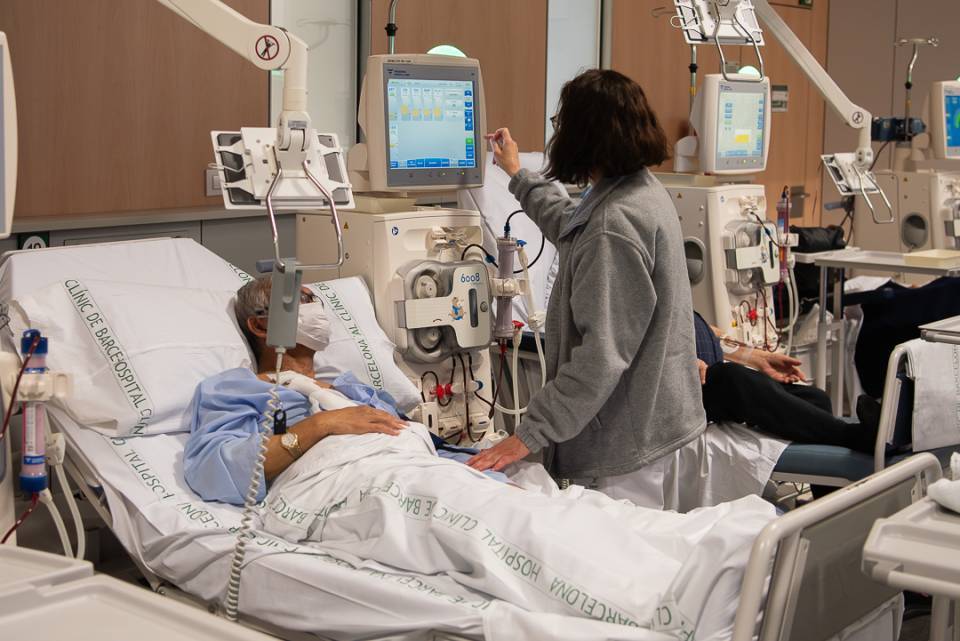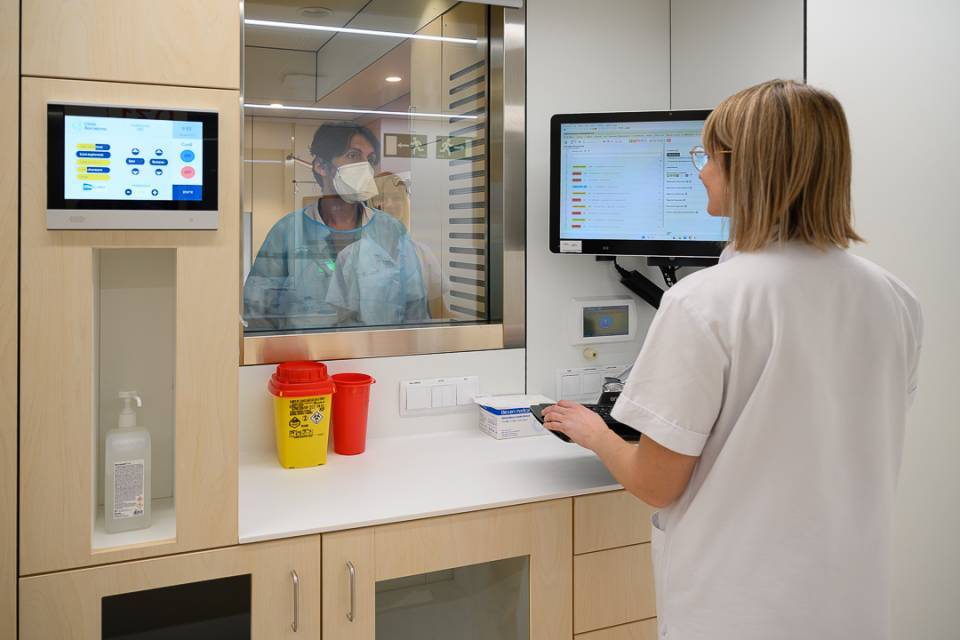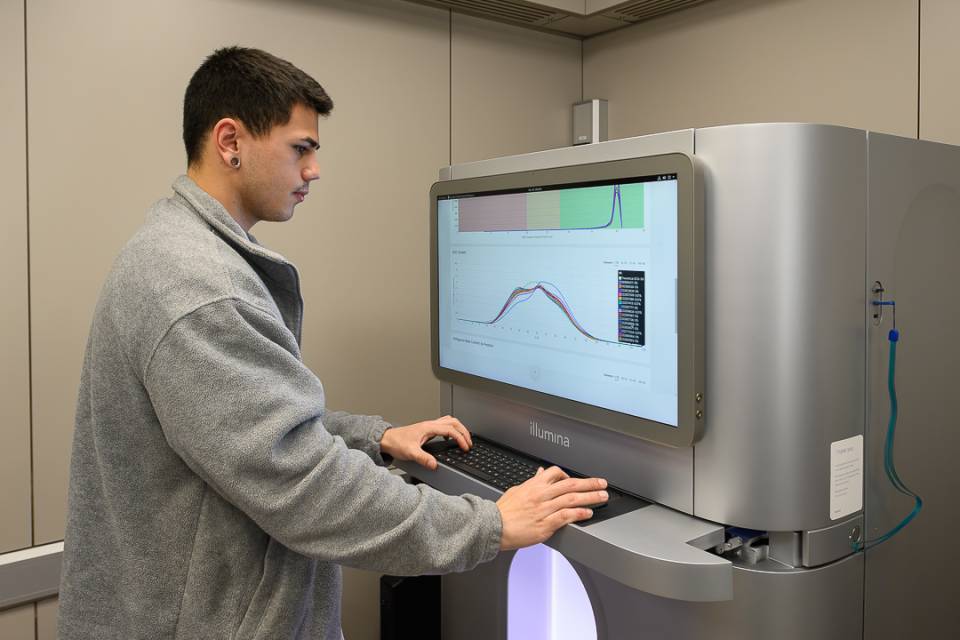Dr. Elisenda Gómez-Angelats, internist in the Accident & Emergency Department at the Hospital Clínic Barcelona, warned that the high summer temperatures and excessive time spent in the sun can lead to sunstroke and/or heatstroke.
Dr. Gómez-Angelats warned that it is important to watch out for the first symptoms of heat exhaustion, such as: intense thirst, heavy sweating, headache, and even nausea. In the face of these symptoms, the most important thing to do is to cool down with a fan, air conditioning or a cold bath, and to drink plenty of non-alcoholic fluids. When a person has heatstroke, the body temperature rises and can reach 40ºC, which can pose a health risk and worsen any chronic illnesses.
Heatstroke can have more serious consequences, which is why medical assistance should be sought urgently. Dr. Gómez-Angelats, of the Accident & Emergency Department at the Hospital Clínic Barcelona explained that it is very important to avoid the hours when the sun’s rays are most intense, between 12 and 4 pm, and recommended exercising first thing in the morning or in the late afternoon (walking or running, for example), as temperatures are cooler then and it is easier to find shady areas. Moreover, and especially in older people, it is important to drink plenty of non-alcoholic fluids at regular intervals.
In order to avoid heatstroke, it is also important to wear suitable clothing to protect the exposed skin (light-coloured, loose-fitting, lightweight clothes), to cover the head with a hat, and to wear sunglasses with protection from UVA and UVB rays. Sunscreen with the correct sun protection factor should also be applied regularly.
The Accident & Emergency Department at the Hospital Clínic de Barcelona deals with cases of patients whose main diagnosis is heatstroke, but above all elderly patients over 70 years old with chronic illnesses that are ‘out of balance' due to the heat and high temperatures. Most of the people treated in the Accident & Emergency Department are discharged after a few hours. However, some may even have to stay in hospital for 24 or 48 hours until they are stable.




